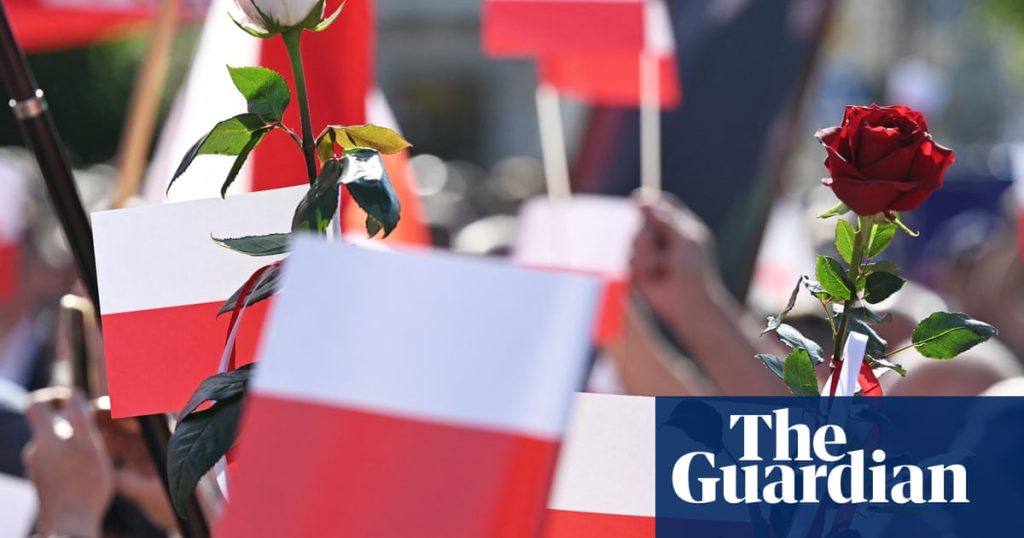Poland’s Presidential Election Heats Up
Polling stations have opened in Poland for the second round of the presidential election, where two candidates with vastly different visions are in a tight race.
The election features pro-European Warsaw mayor, Rafał Trzaskowski, backed by Donald Tusk’s diverse coalition, against historian and former boxer Karol Nawrocki, supported by the right-wing Law and Justice (PiS) party, which held power from 2015 to 2023.
Although the Polish presidency is mostly symbolic, it holds sway over foreign relations and defense policy, along with the significant ability to veto legislation—a veto that can only be overridden by a three-fifths parliamentary majority, which the current ruling party lacks.
The outcome will determine whether Tusk’s administration can advance its commitments to the rule of law and social issues like abortion and LGBTQ rights, after an 18-month challenging coexistence with the opposition president, Andrzej Duda.
A victory for Nawrocki would likely extend the current political stalemate, hindering the government’s ability to enact significant reforms before the 2027 parliamentary elections. As noted by political expert Prof. Aleks Szczerbiak, a Nawrocki win would result in a revived and potent opposition, potentially destabilizing Tusk’s administration.
In the campaign’s final moments, both candidates focused on securing votes from supporters of eliminated candidates, with experts indicating that the election could hinge on fewer than 200,000 votes. Polls reveal a negligible difference between the candidates, marking this as one of the closest elections in Poland’s recent history.
As of Friday evening, all campaigning has ceased, allowing voters just over 24 hours to contemplate a highly divisive campaign. Trzaskowski aims to position himself as a stable choice for enacting progressive reforms, while Nawrocki, an independent candidate backed by PiS, struggles with past controversies that could impact his campaign.



